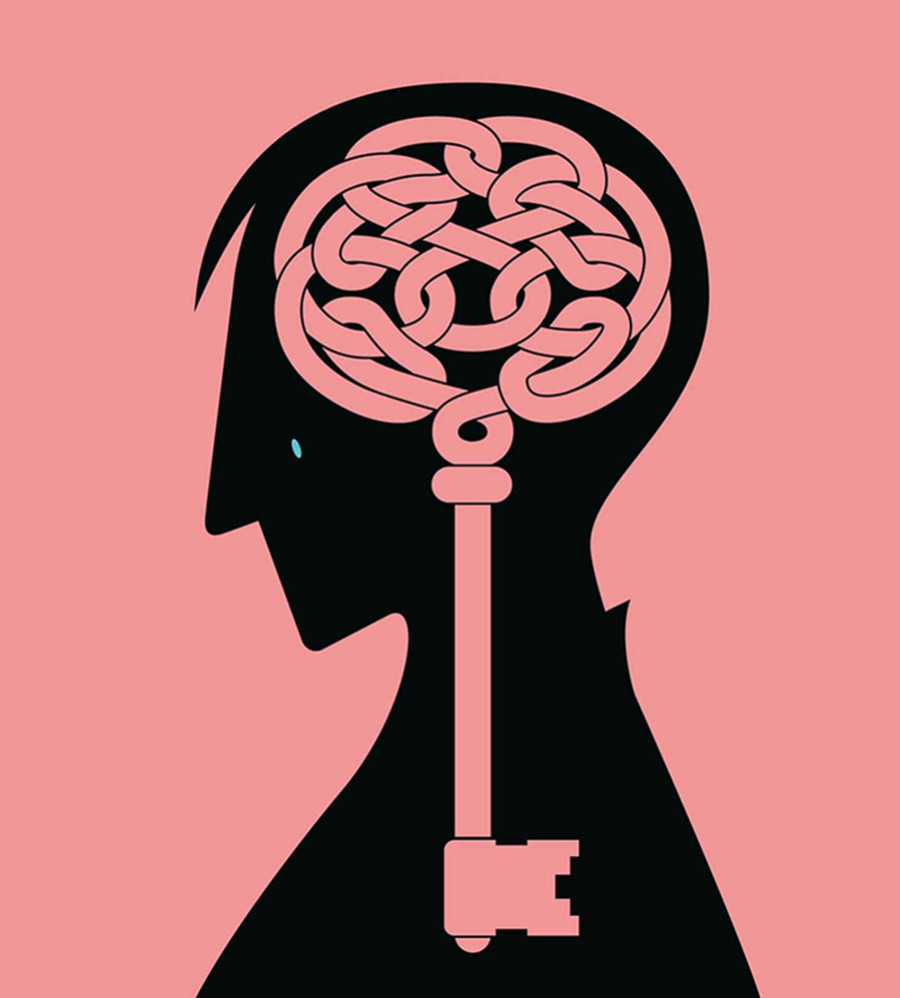Opinion
My autistic brother
Let us get on this road together to eliminate taboos associated with development disorders
Kritika Lamsal
While every other kid in the neighbourhood was out on the streets merrily splashing coloured water on each other, Kastup and I were on our balcony silently observing them. Mom was calling my youngest brother to come have masu-bhat. Like many times before, she started talking about how amazing it would be if Kastup showed the excitement of the festival the way the kids out there did. But that was impossible. Kastup, the second child of our family, was diagnosed with autism at the age of seven. Life has never been the same since.
Autism is a severely incapacitating lifelong developmental disorder that typically occurs in the first three years of life. It causes impairment or disturbance in three main areas—social skills, communicative (verbal as well as non-verbal) skills, and in their repetitive and restricted behaviours.
Autism is a ‘spectrum disorder’, as the severity of symptoms ranges from mild difficulty in learning and in social interaction to severe impairment and extremely unusual behaviour. Often called one of the most complex developmental disorders, the causes and possible cures for autism are still unknown. According to recent data from the Centres for Disease Control and Prevention (CDC), one in 68 children are diagnosed with autism in the US, making it a disorder with one of the most alarming incidence rates and thus a national health priority. However, Nepal lacks reliable data and Autism Care Nepal Society, a non-governmental organisation, has roughly estimated that there are about 250,000 to 300,000 Persons with Autism (PWA) in Nepal, among whom 60,000 to 90,000 are severely affected.
Feelings of helplessness
The road to Kastup’s diagnosis was not an easy one given the stigma associated with mental health was even greater back then. I remember how often my mother broke into sobs while explaining Kastup’s condition, be it to a total stranger on Kantipur Yatayat or a close relative from our Mamaghar. How helpless must my educated parents have felt to resort to fortune tellers and priests to help my brother heal? Even though I was too young to understand the gravity of the situation, I wished for my non-verbal brother to speak so that my mother would not cry anymore.
After all these years, my mother has stopped crying but my brother still cannot communicate verbally. But his quirkiness has now become an indispensable part of our lives. Maybe this is what coming to terms with reality looks like. However, this road to acceptance has not been very easy. While we can never imagine a life without him, we sometimes cannot help picturing how life would turn out if he were a normal child.
A scientist named Larson derived a theory, “Embrace of Paradox”, while studying people parenting a child with disability. The theory is about the management of the internal tension of opposing forces between loving the child as he or she is and wanting to erase the disability, between dealing with the incurability while pursuing solutions, and between maintaining hopefulness for the child’s future while being given negative information and battling one’s own fears. This might ring true for all the parents and care takers of children with autism, and friends and family who support them. Supporting a child with autism is not easy, especially in a country like ours with little support and rehabilitation services for people with autism, and where a huge taboo associated with such disorders is prevalent.
Only recently have hospitals like Teaching and Kanti with diagnostic services turned the dreams of early diagnosis into reality, offering a much-needed shot at early intervention. Organisations like Autism Care Nepal Society that advocate and address issues of autism are the country’s saving grace. One can only imagine how the situation outside the Kathmandu Valley must be where parents might still be tying their autistic children to a shady corner because the community has discarded them as mentally unbalanced kids.
The road ahead
My mother often shares how much easier things would have turned out for Kastup had he been diagnosed sooner—only if we had not waited for him to get better on his own. But these are things of the past and we cannot do anything about them. The only thing we can do now is share our story so often that anyone who sees a child even showing mild symptoms will immediately start the necessary interventions instead of waiting for the child to speak or get better on their own.
Autism can affect any child. It does not discriminate on the grounds of economic status, life style choices, education level, race, ethnicity, or religion. It brings with itself a set of gifts as well as shortcomings. All we can do is help the child overcome their shortcomings and enhance their skills. There is no shortcut to this.
The road is never easy when one knows a child with autism. It is a road that often cannot be travelled without a few helping hands. And anyone could lend that helping hand—by staying aware, keeping others informed, and making small, kind gestures towards children with special needs along the way. It is time to stop counting on others to advocate on their behalf because you might as well be the best one.
So let us get on this road together to contribute to eliminating the taboos associated with development disorders. Maybe then, another mother would not feel so helpless when her kid is diagnosed with autism.
Lamsal is pursuing a bachelor’s degree in Development Studies at Kathmandu University and is an advocate for children with special needs. The author can be reached at [email protected]




 9.6°C Kathmandu
9.6°C Kathmandu










